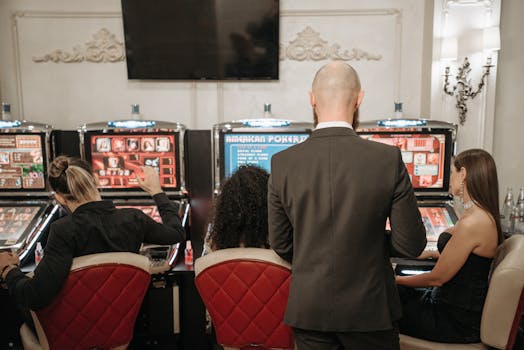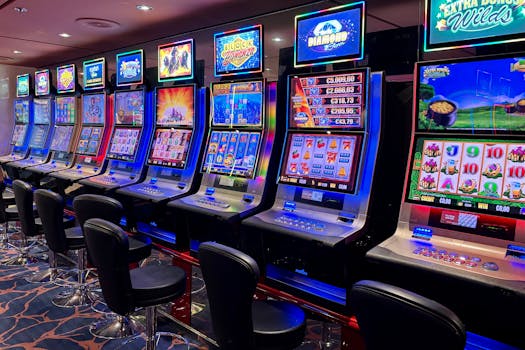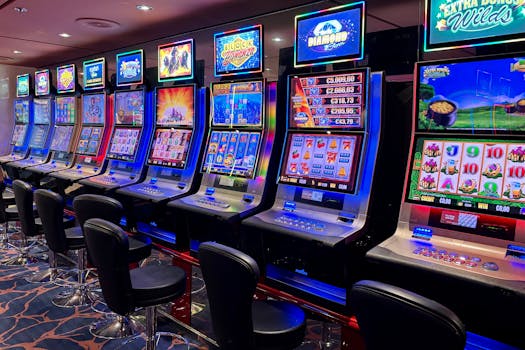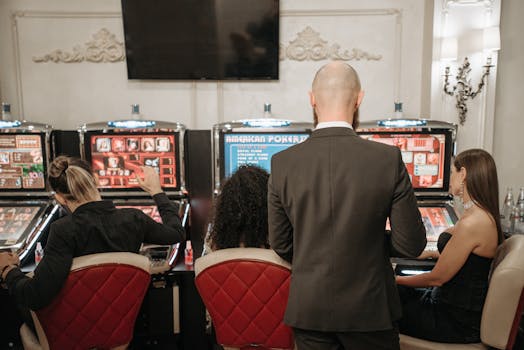Understanding the Addictive Nature of Casino Slots
Casino slots are more than just a form of entertainment; they are crafted with precision to keep players engaged and returning. By delving into the psychology and mechanics behind their design, players can make more informed decisions and potentially avoid the pitfalls of addiction.
Exploring Slot Machine Design
Slot machines are a cornerstone of entertainment in both physical and online casinos. Their design is not only about chance; it also incorporates a thorough understanding of human psychology to attract and retain players.
Key Psychological Elements in Slot Design
- Variable Ratio Reinforcement Schedule
- Near Misses
- Losses Disguised as Wins
- Entertainment Value: Slots offer escapism and fun.
- Economic Contributions: They generate significant revenue for casinos and can bolster local economies through taxes and employment.
- Addiction Risk: Their addictive design can lead to problematic gambling.
- Financial Losses: Players often face substantial financial losses over time.
Slots operate on a variable ratio reinforcement schedule, a concept from behavioral psychology. This method rewards players at unpredictable intervals, which can be highly addictive. The randomness of these rewards triggers dopamine release, a neurotransmitter associated with pleasure and addiction.
Slot machines often simulate near misses where the reels display symbols that almost align in a winning combination. This phenomenon can activate brain areas similar to those triggered by actual wins, encouraging continued play.
In modern slot machines, multiline bets can lead to scenarios where a small "win" is actually a net loss. For instance, betting $1 across 20 lines and winning 50 cents on one can still be celebrated as a win by the machine, even though the player has lost 50 cents.
Weighing the Impacts
Pros:
Cons:
Real-World Examples
In places like Las Vegas, slot machines are programmed to offer various payout percentages, legally required to be at least 75%. However, even with higher payouts, the addictive design ensures that most players end up losing more than they win over time.
Conclusion and Taking Action
Recognizing how slot machines are designed to be addictive can empower individuals to make better gambling choices. If gambling addiction is a concern, seeking help from organizations like Gamblers Anonymous is crucial.
In summary, while slot machines can be a thrilling form of entertainment, the psychological strategies they use can lead to addictive behaviors. Awareness of these tactics can help individuals maintain control over their gambling habits.

.png)





